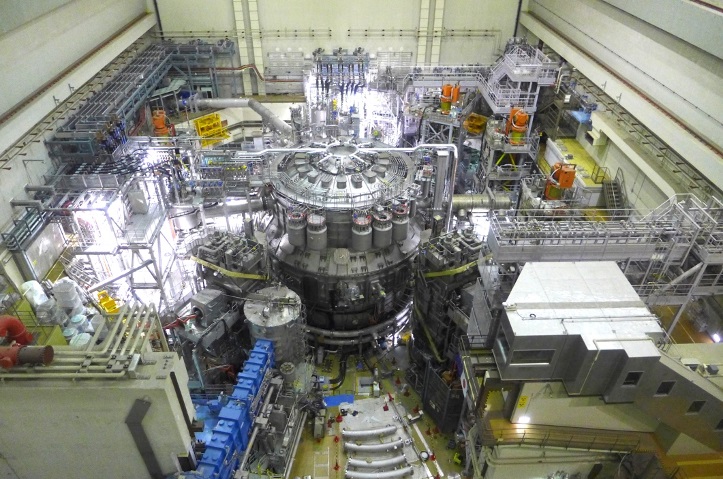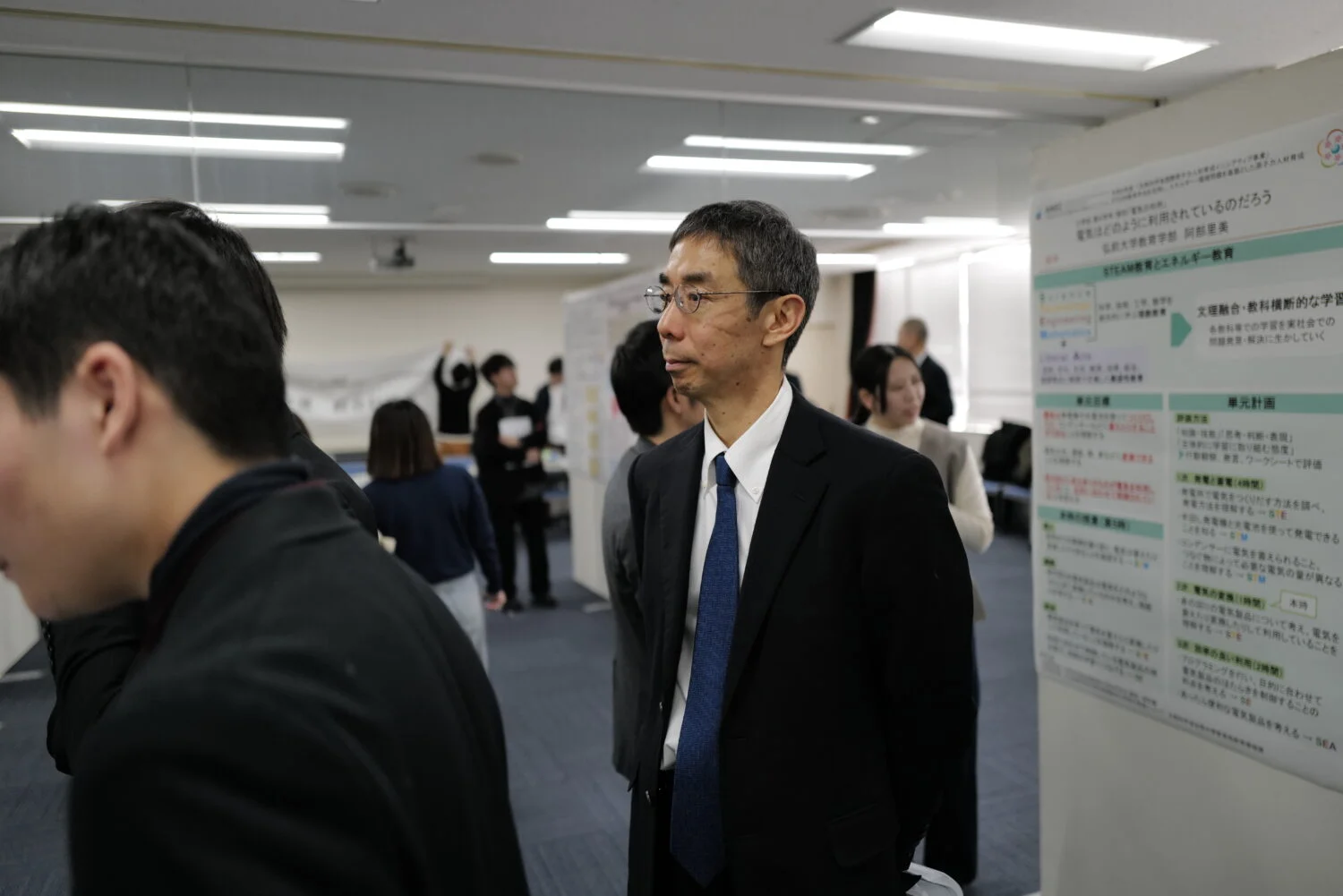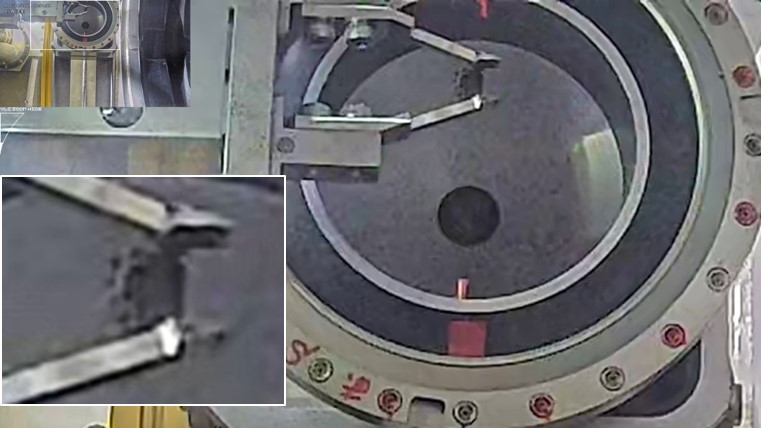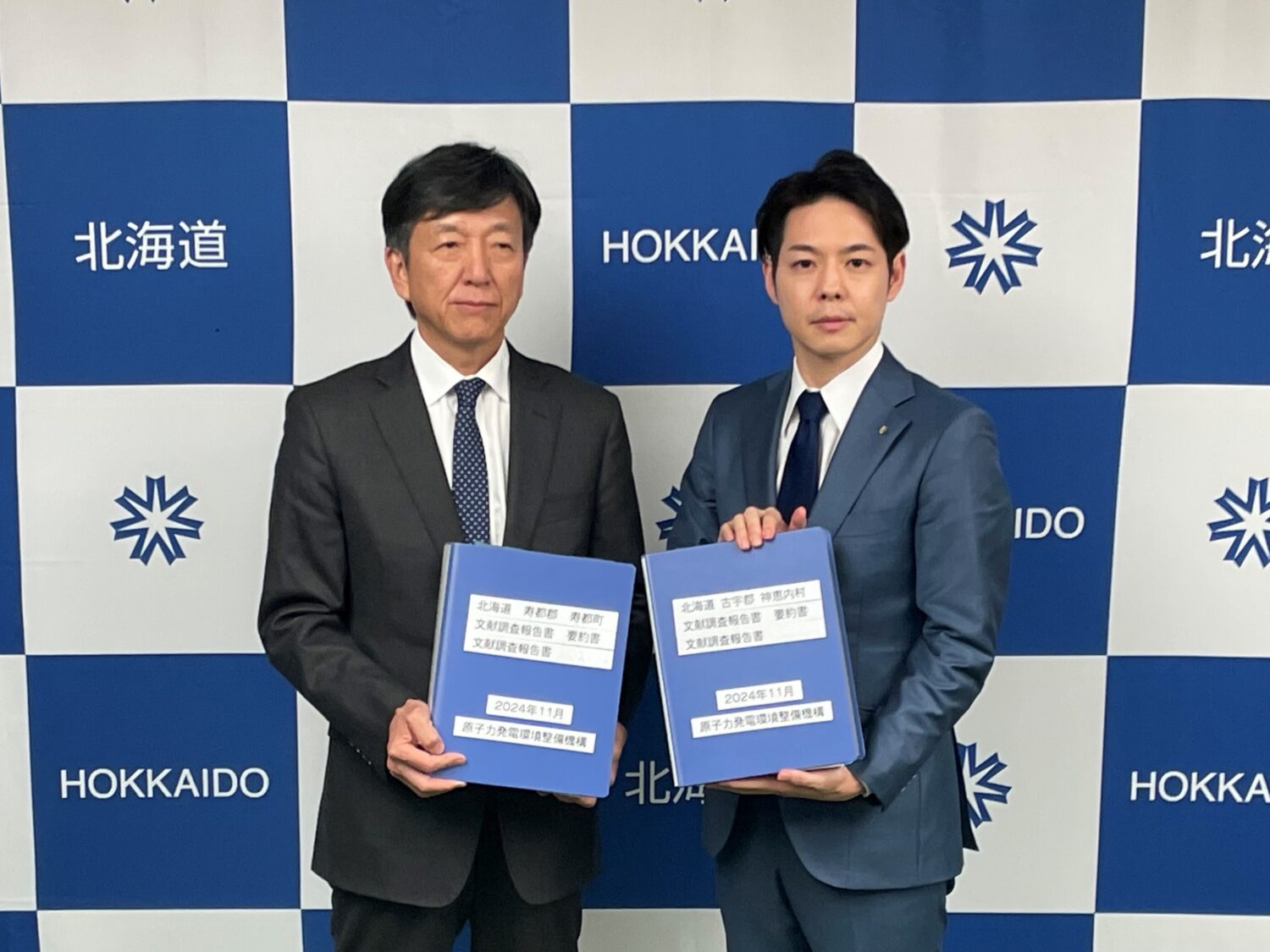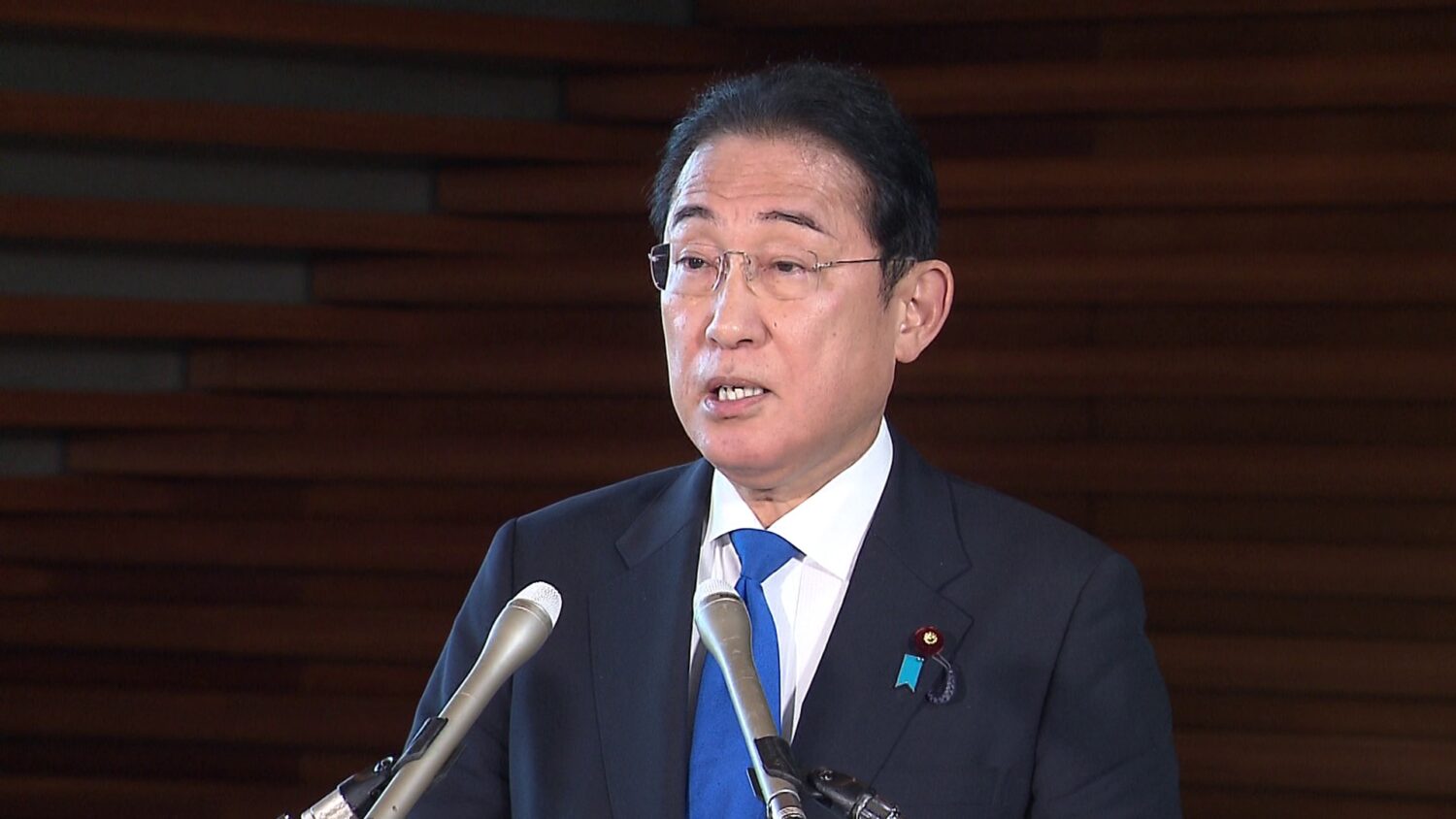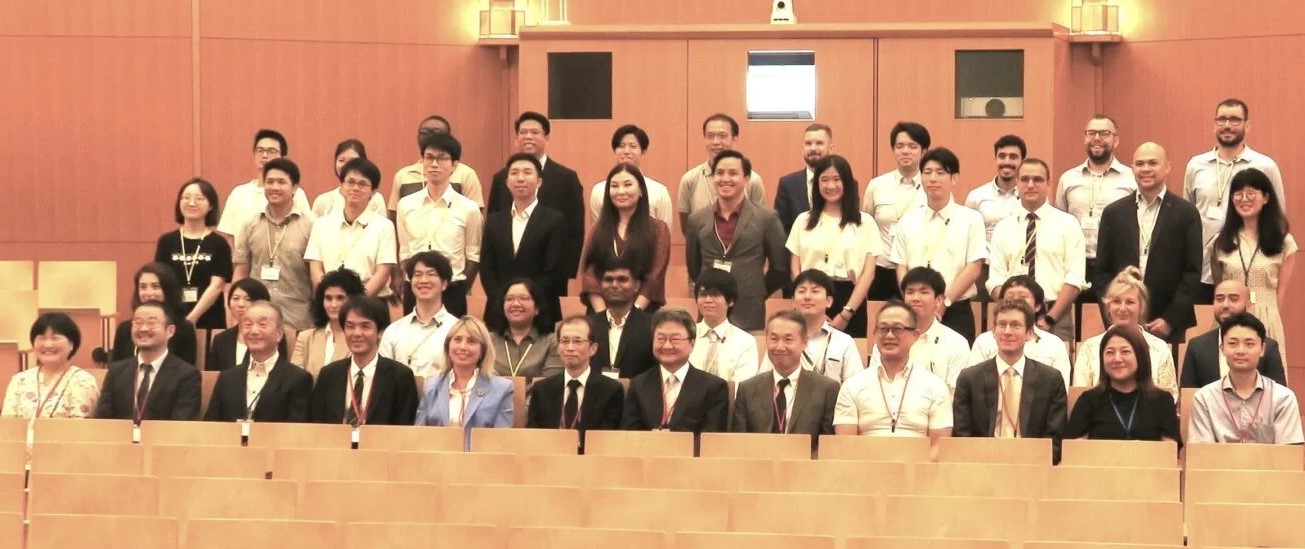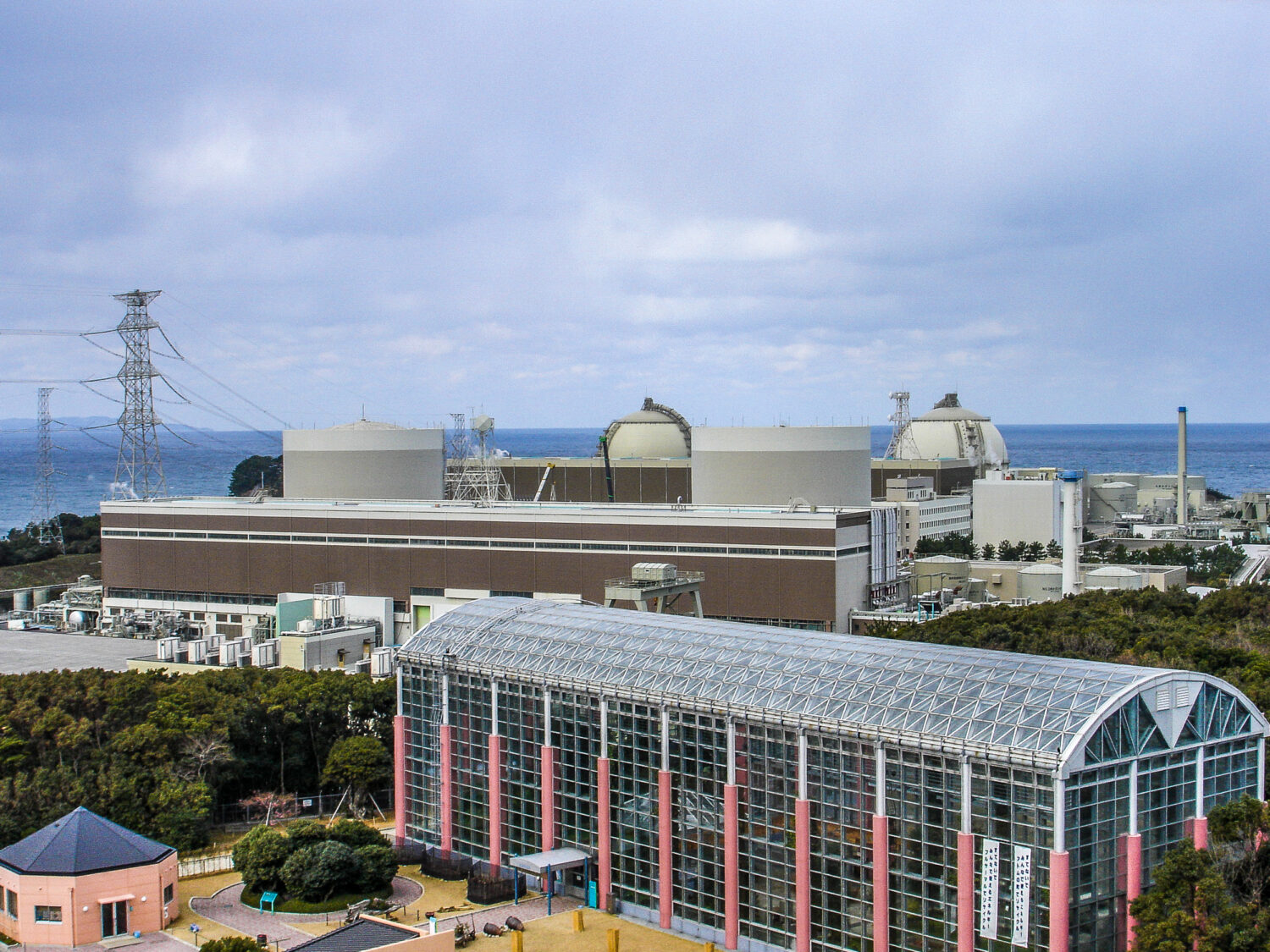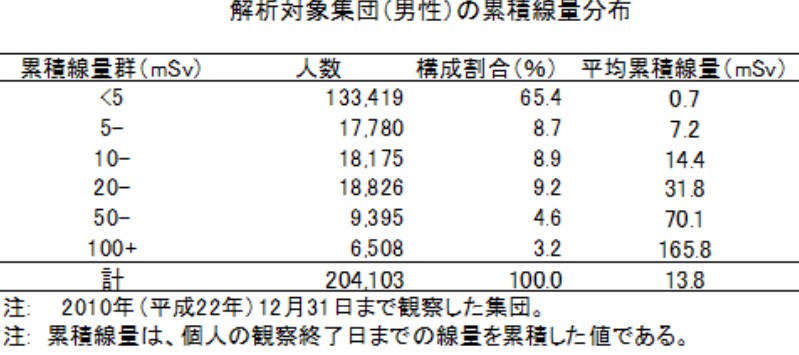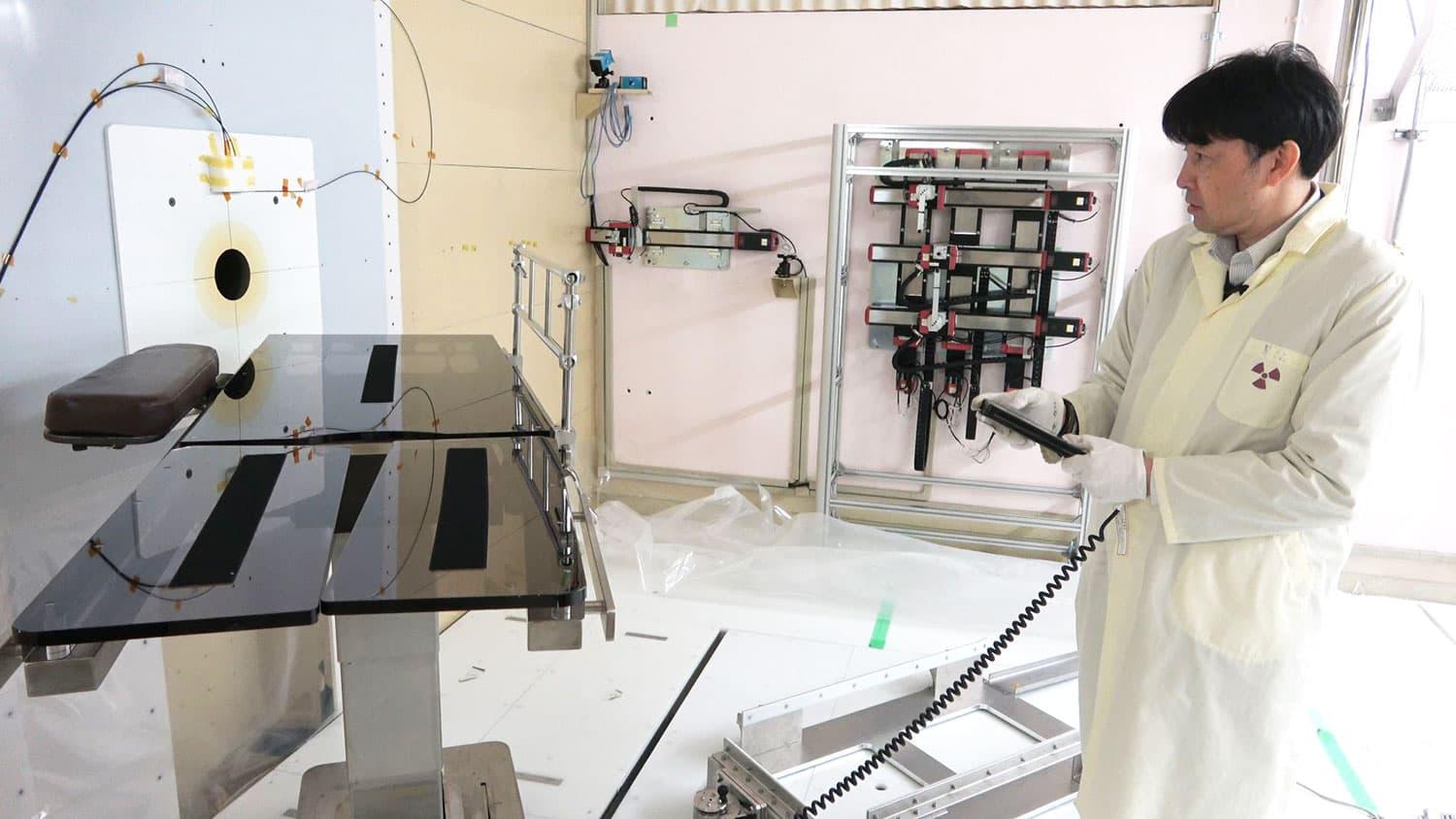In his opening address, JAIF Chairman Takashi Imai first referred to the fact that as of 2018, only nine nuclear power plants in Japan had cleared examinations under the new regulatory standards and been restarted. He said that the Tokai-2 (BWR, 1,100MWe), owned and operated by the Japan Atomic Power Company (JAPC), had obtained permission for a lifetime extension, the first ever for a BWR in Japan, and that although it might still take time to realize the resumption of its operation, restarting it “must certainly be carried out.”
The chairman then mentioned the Atomic Energy Association (ATENA), an organization established by the Japanese nuclear industry in July 2018 for the purpose of improving nuclear safety. He said that he expected that the integration of knowledge and resources through its activities would further accelerate the restarting of the country’s NPPs.
He also expressed concern for the harsh public view of nuclear energy, as well as for the shortage of human resources that it implied for the future.
Imai also spoke of “stirring up interest” among the younger generation by developing small modular reactors (SMRs), adding that JAIF would work to advance the nuclear industry by promoting (1) regional and national understanding, (2) the ensuring and fostering of human resources, and (3) international cooperation.
The chairman’s comments were followed by State Minister Yoshihiro Seki of the Ministry of Economy, Trade and Industry (METI), who reiterated his recognition that the decommissioning of the Fukushima Daiichi Nuclear Power Plants, along with the contaminated water measures there, were issues of the highest priority. He emphasized that METI—based on the fifth national Strategic Energy Plan, which was approved at a Cabinet meeting last summer—would work to reinforce technology and human resource development, while also carrying out “a reliable energy policy.”
Next to speak at the party was Chairman Satoru Katsuno of the Federation of Electric Power Companies of Japan (FEPC), who said that his organization would go all out in dealing with the safety examinations conducted by the Nuclear Regulation Authority (NRA), toward restarting the country’s idle NPPs as soon as possible.
He then said that the FEPC would steadily provide resources necessary to operate the Rokkasho Reprocessing Facility, given the importance of the nuclear fuel cycle to ensuring stable supplies of energy.
Regarding the geological disposal of high-level radioactive waste (HLW), meanwhile, Katsuno said that his organization would pursue dialogue with regional parties sincerely on behalf of nuclear operators.


